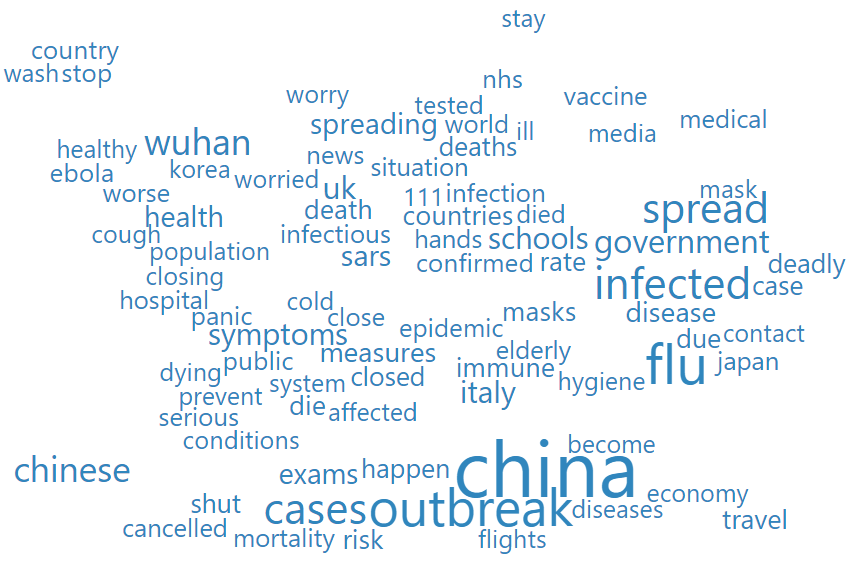International Recruitment Trends in 2020
Get insights from our recent webinar training session.
Watch the video and digest the research and key takeaways below.
Watch this video
In this International Recruitment trends training video, Lorna Greville explores how coronavirus may affect your campaigns this year, and what to do about it.
Watch this video and you'll learn about:
- How coronavirus may impact on international recruitment
- How to adjust your strategy and what to say to students, both in the UK and abroad
- Ways we can support your campaigns in 2020
International Recruitment Tips
Thank you to everyone who joined our International webinar. If you missed it, you can still get the key takeaways here:
- Develop a clear communications strategy
- Don't be silent about coronavirus, but do make sure messages are supportive and empathetic.
- Use plain English and consider using academic jargon busters. English may not be your applicants' first language and education terminology may be different to what they are used to.
- Use Official Reps to engage with students, offer direct support, answer their questions and invite them to virtual experiences such as guest lectures.
- Lean into your strengths: remote experiences
- International departments have always been great at online tools and remote customer service. Remember to enhance the emotional connection students have with your university as well as providing information.


- Offer and future-proof distance learning
- Some students will be happy to start their degree online and join you when the risks are reduced.
- Plan recruitment around market nuances, for example*:
- 21% of Chinese graduates are employed in the Financial and Budgetary sectors.
- 18% of international graduates are employed in education.
- 42% of international students were from India in 2019.
How will covid-19 affect international intake?
View our wordcloud below for keywords in International users' coronavirus posts on The Student Room. We also identified some possible impacts:
Opportunity
People often re-enter education if they can't find jobs.
Risk
International students might find that transnational study is no longer affordable, especially if centralised funding is reduced.

*Sources: https://www.hesa.ac.uk/data-and-analysis/students and https://www.universitiesuk.ac.uk/international
